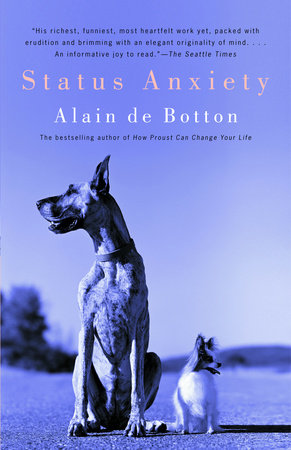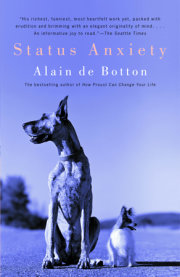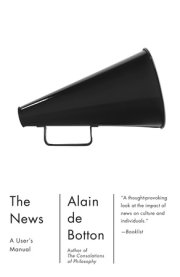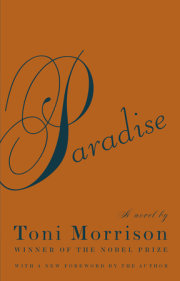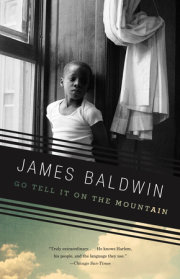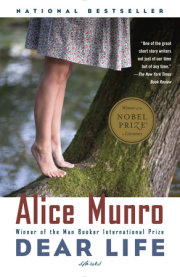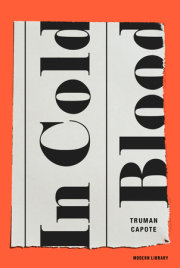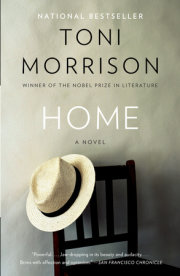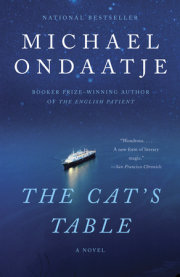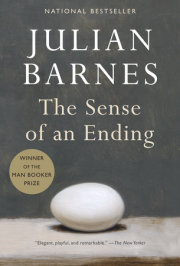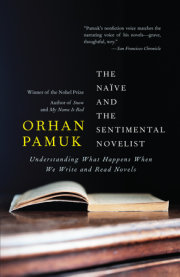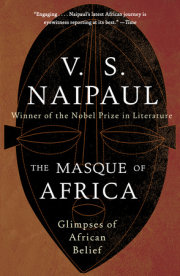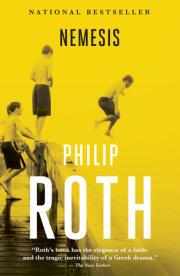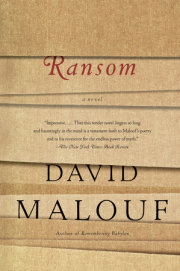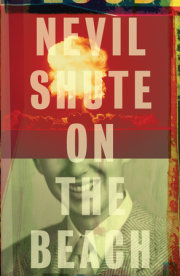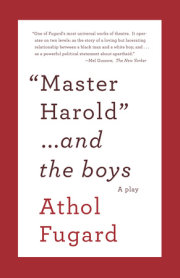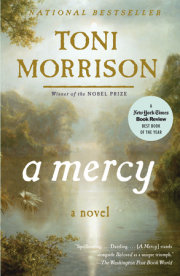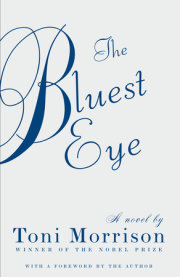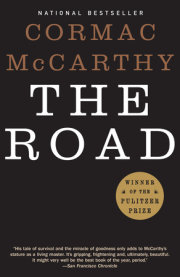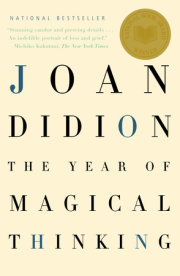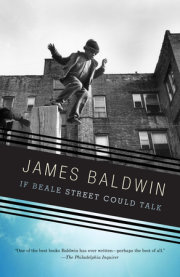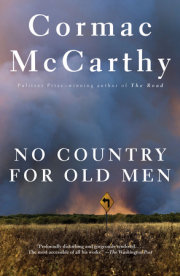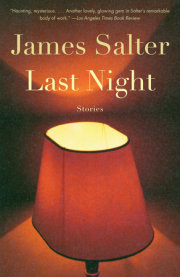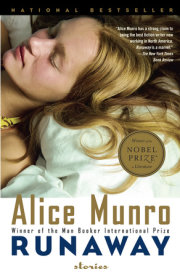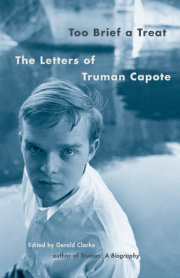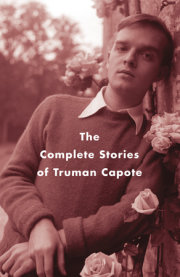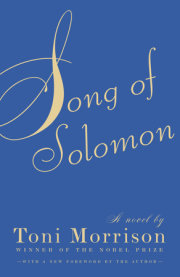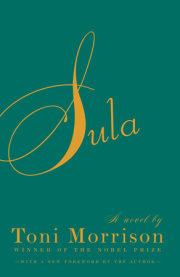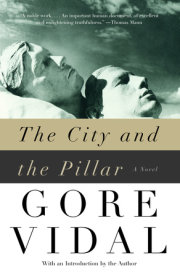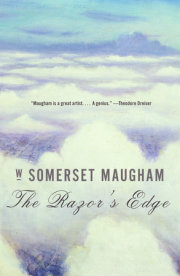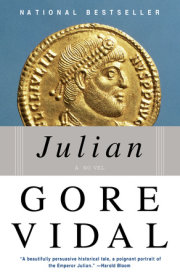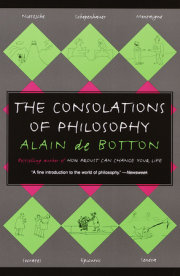ILOVELESSNESS
Our Need for Love, Our Desire for Status
1.
Every adult life could be said to be defined by two great love stories. The first-the story of our quest for sexual love-is well known and well charted, its vagaries form the staple of music and literature, it is socially accepted and celebrated. The second-the story of our quest for love from the world-is a more secret and shameful tale. If mentioned, it tends to be in caustic, mocking terms, as something of interest chiefly to envious or deficient souls, or else the drive for status is interpreted in an economic sense alone. And yet this second love story is no less intense than the first, it is no less complicated, important or universal, and its setbacks are no less painful. There is heartbreak here too.
2.Adam Smith, The Theory of Moral Sentiments (Edinburgh, 1759):
"To what purpose is all the toil and bustle of this world? What is the end of avarice and ambition, of the pursuit of wealth, of power and pre-eminence? Is it to supply the necessities of nature? The wages of the meanest labourer can supply them. What then are the advantages of that great purpose of human life which we call bettering our condition?
To be observed, to be attended to, to be taken notice of with sympathy, complacency, and approbation, are all the advantages which we can propose to derive from it. The rich man glories in his riches because he feels that they naturally draw upon him the attention of the world. The poor man on the contrary is ashamed of his poverty. He feels that it places him out of the sight of mankind. To feel that we are taken no notice of necessarily disappoints the most ardent desires of human nature. The poor man goes out and comes in unheeded, and when in the midst of a crowd is in the same obscurity as if shut up in his own hovel. The man of rank and distinction, on the contrary, is observed by all the world. Everybody is eager to look at him. His actions are the objects of the public care. Scarce a word, scarce a gesture that fall from him will be neglected."
3.The predominant impulse behind our desire to rise in the social hierarchy may be rooted not so much in the material goods we can accrue or the power we can wield as in the amount of love we stand to receive as a consequence of high status. Money, fame and influence may be valued more as tokens of-and means to-love rather than ends in themselves.
How may a word, generally used only in relation to what we would expect or hope for from a parent, or a romantic partner, be applied to something we might want from and be offered by the world? Perhaps we can define love, at once in its familial, sexual and worldly forms, as a kind of respect, a sensitivity on the part of one person to another's existence. To be shown love is to feel ourselves the object of concern: our presence is noted, our name is registered, our views are listened to, our failings are treated with indulgence and our needs are ministered to. And under such care, we flourish. There may be differences between romantic and status forms of love-the latter has no sexual dimension, it cannot end in marriage, those who offer it usually bear secondary motives-and yet status beloveds will, just like romantic ones, enjoy protection under the benevolent gaze of appreciative others.
People who hold important positions in society are commonly labelled "somebodies," and their inverse "nobodies"-both of which are, of course, nonsensical descriptors, for we are all, by necessity, individuals with distinct identities and comparable claims on existence. Such words are nevertheless an apt vehicle for conveying the disparate treatment accorded to different groups. Those without status are all but invisible: they are treated brusquely by others, their complexities trampled upon and their singularities ignored.
While there will inevitably be economic ramifications, the impact of low status should not be read in material terms alone. The gravest penalty rarely lies-above subsistence levels, at least-in mere physical discomfort; it consists more often, even primarily, in the challenge that low status poses to a person's sense of self-respect. Provided that it is not accompanied by humiliation, discomfort can be endured for long periods without complaint. For proof of this, we have only to look to the example of the many soldiers and explorers who have, over the centuries, willingly tolerated privations far exceeding those suffered by the poorest members of their societies, so long as they were sustained throughout their hardships by an awareness of the esteem in which they were held by others.
The benefits of high status are similarly seldom limited to wealth. We should not be surprised to find many of the already affluent continuing to accumulate sums beyond anything that five generations might spend. Their endeavours are peculiar only if we insist on a strictly material rationale behind wealth creation. As much as money, they seek the respect that stands to be derived from the process of gathering it. Few of us are determined aesthetes or sybarites, yet almost all of us hunger for dignity; and if a future society were to offer love as a reward for accumulating small plastic discs, then it would not be long before such worthless items too assumed a central place in our most zealous aspirations and anxieties.
4.
William James, The Principles of Psychology (Boston, 1890):
"No more fiendish punishment could be devised, were such a thing physically possible, than that one should be turned loose in society and remain absolutely unnoticed by all the members thereof. If no one turned around when we entered, answered when we spoke, or minded what we did, but if every person we met "cut us dead," and acted as if we were non-existent things, a kind of rage and impotent despair would before long well up in us, from which the cruellest bodily torture would be a relief."
5.
How are we affected by an absence of love? Why should being ignored drive us to a "rage and impotent despair" besides which torture itself would be a relief?
The attentions of others matter to us because we are afflicted by a congenital uncertainty as to our own value, as a result of which affliction we tend to allow others' appraisals to play a determining role in how we see ourselves. Our sense of identity is held captive by the judgements of those we live among. If they are amused by our jokes, we grow confident in our power to amuse. If they praise us, we develop an impression of high merit. And if they avoid our gaze when we enter a room or look impatient after we have revealed our occupation, we may fall into feelings of self-doubt and worthlessness.
In an ideal world, we would be more impermeable. We would be unshaken whether we were ignored or noticed, admired or ridiculed. If someone praised us insincerely, we would not be unduly seduced. And if we had carried out a fair assessment of our strengths and decided upon our value, another's suggestion that we were inconsequential would not wound us. We would know our worth. Instead, we each appear to hold within ourselves a range of divergent views as to our native qualities. We discern evidence of both cleverness and stupidity, humour and dullness, importance and superfluity. And amid such uncertainty, we typically turn to the wider world to settle the question of our significance. Neglect highlights our latent negative self-assessments, while a smile or compliment as rapidly brings out the converse. We seem beholden to the affections of others to endure ourselves.
Our "ego" or self-conception could be pictured as a leaking balloon, forever requiring the helium of external love to remain inflated, and ever vulnerable to the smallest pinpricks of neglect. There is something at once sobering and absurd in the extent to which we are lifted by the attentions of others and sunk by their disregard. Our mood may blacken because a colleague greets us distractedly or our telephone calls go unreturned. And we are capable of thinking life worth living because someone remembers our name or sends us a fruit basket.
6.
Given the precariousness of our self-image, it should not be surprising that, from an emotional point of view no less than from a material one, we are anxious about the place we occupy in the world. This place will determine how much love we are offered and so, in turn, whether we can like or must lose confidence in ourselves. It holds the key to a commodity of unprecedented importance to us: a love without which we will be unable to trust or abide by our own characters.
II
EXPECTATION
Material Progress
1.
In July 1959, the American vice president, Richard Nixon, travelled to Moscow to open an exhibition showcasing some of his country's technological and material achievements. The highlight of the exhibition was a full-scale replica of the home of an average member of America's working class, equipped with fitted carpets, a television in the living room, two en suite bathrooms, central heating and a kitchen with a washing machine, a tumble dryer and a refrigerator.
Reporting on this display, an incensed Soviet press angrily denied that an ordinary American worker could conceivably live in such luxury, and advised its readers to dismiss the entire house as propaganda after mockingly baptising it the "Taj Mahal."
When Nixon led Nikita Khrushchev around the exhibition, the leader was comparably sceptical. Outside the kitchen of the model home, Khrushchev pointed to an electric lemon squeezer and remarked to Nixon that no one in his right mind would wish to acquire such a "silly gadget."
"Anything that makes women work less hard must be useful," suggested Nixon.
"We don't think of women in terms of workers-like you do in the capitalist system," snapped an irate Khrushchev.
Later that same evening, Nixon was invited to appear live on Soviet television, an occasion he used to expound on the advantages of American life. Shrewdly, he did not begin his speech by touting democracy or human rights; instead he spoke of money and material progress. Nixon explained that in just a few hundred years, Western countries had managed, through enterprise and industry, to overcome the poverty and famine that had gripped the world until the middle of the eighteenth century and continued even up to the present day to plague many other nations. Americans had purchased 56 million television sets and 143 million radios, he informed his Soviet listeners, a large number of whom did not have private bathrooms or possess so much as a kettle. The members of the average American family could buy nine new dresses and suits and fourteen new pairs of shoes every year, he noted, and some 31 million families owned their own homes. In the United States, houses could be had in a thousand different architectural styles, most boasting greater square footage than the television studio they were broadcasting from. Sitting next to Nixon, an infuriated Khrushchev clenched his fists and mouthed, "Nyet! Nyet!"-adding under his breath, according to one account, "Ëb' tvoyu babushky" ("Go fuck your grandmother").
2.Khrushchev's protestation notwithstanding, Nixon's statistics were accurate. In the two centuries preceding his speech, the countries of the West had witnessed the fastest and most dramatic elevation of living standards in human history.
The majority of the population of medieval and early modern Europe had belonged to the peasant class. Impoverished, undernourished, cold and fearful while alive, they were usually dead-following some further agony-before their fortieth birthday. After a lifetime of work, their most valuable possession might have been a cow, a goat or a pot. Famine was never far off, and disease was rife, among the most common conditions being rickets, ulcers, tuberculosis, leprosy, abscesses, gangrene, tumours and cankers.
3.Then, in early-eighteenth-century Britain, the great Western transformation began. Thanks to new farming techniques (including crop rotation, scientific stock breeding and land consolidation), yields began to increase sharply. Between 1700 and 1820, Britain's agricultural productivity doubled, releasing capital and manpower that flowed into the cities to be invested in industry and trade. The invention of the steam engine and the cotton power loom modified not only working practices but social expectations. Towns exploded in size. In 1800, only one city in the British Isles, London, could boast a population of more than a hundred thousand; by 1891, twenty-three English cities would make that claim. Goods and services that had formerly been the exclusive preserve of the elite were made available to the masses. Luxuries became decencies, and decencies necessities. Daniel Defoe, travelling around southern England in 1745, noted the proliferation of large new shops with enticing window displays and tempting offerings. Whereas for much of recorded history fashion had remained static for decades at a time, it now became possible to identify specific styles for every passing year (in England in 1753, for example, purple was in vogue for women's gowns; in 1754, it was the turn of white linen with a pink pattern; in 1755, dove grey was the rage).
The nineteenth century expanded on and spread the British consumer revolution. Gigantic department stores opened throughout Europe and America: the Bon Marché and Au Printemps in Paris, Selfridge's and Whiteley's in London, Macy's in New York. All were designed to appeal to the new industrial middle class. At a ribbon-cutting ceremony marking the opening of a twelve-storey Marshall Field's in Chicago in 1902, the manager, Gordon Selfridge, proclaimed, "We have built this great institution for ordinary people,
so that it can be their store, their downtown home, their buying headquarters." It was not intended, he emphasised, just for the "swagger rich."
A host of technological inventions helped to stretch mental horizons even as they altered the patterns of everyday life: the old cyclical view of the world, wherein one expected next year to be much like (and just as bad as) last, gave way to the notion that mankind could progress yearly towards perfection. To list only a few of these inventions:
- CORNFLAKES, patented by J. H. Kellogg in 1895 (Kellogg had hit upon the concept by accident, when the grain mixture he served to inmates in his sanatorium unexpectedly hardened and then shattered into flakes)
- the CAN OPENER, patented in 1870
- the SAFETY PIN, invented in 1849
- the SEWING MACHINE, developed by I. M. Singer in 1851 (ready-made clothes would become more common from the 1860s; machine-made underclothes would be introduced in the 1870s)
- the TYPEWRITER, invented in 1867 (the first full-length manuscript to be typed was Mark Twain's Life on the Mississippi, published in 1883)
- PROCESSED FOODS: By the 1860s, the British company Crosse & Blackwell was producing twenty-seven thousand gallons of ketchup a year. In the early 1880s, the chemist Alfred Bird came up with an eggless custard powder. Blancmange powder was developed in the 1870s, and jelly crystals in the 1890s.
Copyright © 2004 by Alain de Botton. All rights reserved. No part of this excerpt may be reproduced or reprinted without permission in writing from the publisher.

